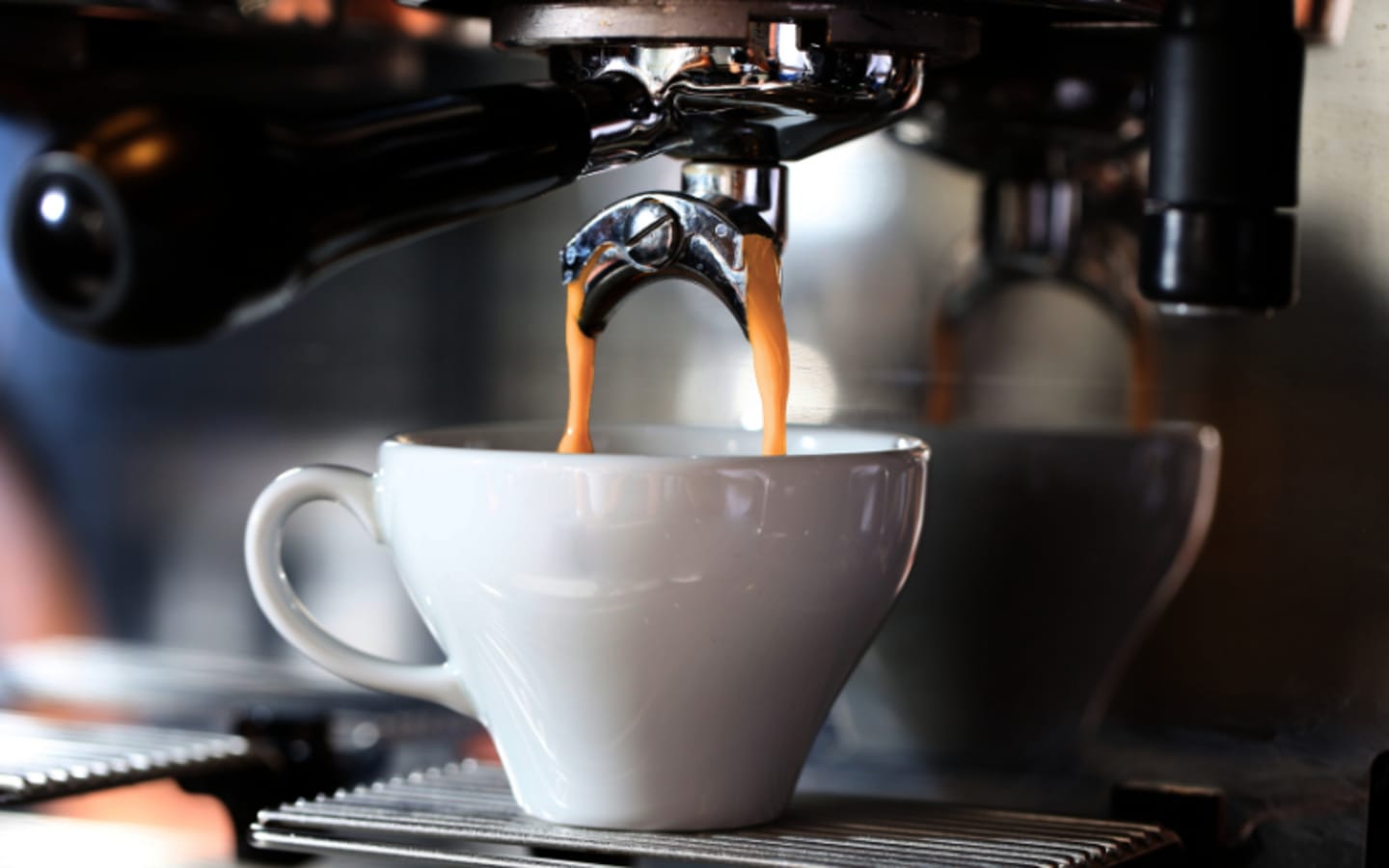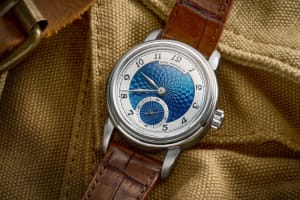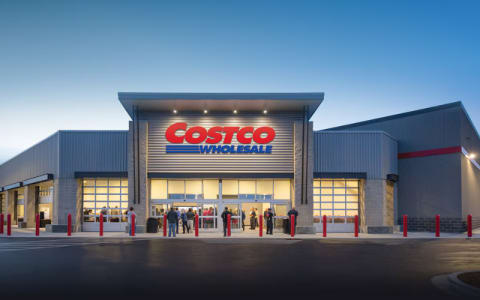In the world of beverages, where a cold soda or a hot cup of joe can define your day, big moves are shaking things up. Keurig Dr Pepper, the folks behind those handy single-serve coffee machines and classics like Dr Pepper and 7Up, just dropped a bombshell. They're shelling out over $18 billion to snag a Dutch coffee powerhouse, JDE Peet's, and then planning to break the whole operation into two separate companies. It's like watching a marriage end after seven years, but with billions on the line and a fresh start for both sides.
This deal isn't just about buying more coffee brands—it's a strategic pivot that's got Wall Street buzzing and everyday guys wondering how it affects their morning brew or afternoon pick-me-up. Let's dive into what this means, from the boardroom decisions to the real-world impacts on prices, tastes, and even those pesky tariffs that hit your wallet.
The backstory here goes back to 2018, when Keurig Green Mountain teamed up with Dr Pepper Snapple in a massive $18.7 billion merger. At the time, it seemed like an odd couple: one side all about fizzy drinks and the other focused on coffee pods and machines. Analysts scratched their heads, calling it a weird match between carbonated sodas and hot beverages. Fast forward to now, and it looks like they're admitting it wasn't the perfect fit. After grabbing JDE Peet's, Keurig Dr Pepper aims to split as soon as possible, probably right after the deal closes in early 2026.
JDE Peet's isn't some small-time operation. Based in Amsterdam, they own a lineup of well-known coffee brands that span the globe. Think Peet's Coffee, which has a loyal following in the States for its bold roasts, or European staples like Douwe Egberts, Kenco, and Jacobs. Then there's L'OR for that premium espresso vibe, Pilao from Brazil, OldTown out of Malaysia, Super from Vietnam, and Moccona for those instant coffee fans. These aren't just names—they're part of daily routines in over 100 countries. Combining this with Keurig's setup creates what they're calling the world's largest "pure-play" coffee company, meaning it's all coffee, no distractions from sodas or juices.
The numbers are eye-popping. The new coffee outfit, dubbed Global Coffee Co., is expected to pull in about $16 billion in annual sales. That's a beast of a business, with roughly 40% of revenue from North America, another 40% from Europe, and the remaining 20% from up-and-coming markets where coffee demand is exploding. Keurig's CEO, Tim Cofer, put it plainly: coffee is everywhere, and it's growing faster than population trends. In the U.S. alone, folks down 516 million cups a day, making it the top importer worldwide. But with climate issues messing up harvests, ongoing global conflicts, and even trade spats driving prices up— they've nearly doubled in five years—this merger could help stabilize things by pooling buying power against giants like Nestle or Starbucks.
On the flip side, the beverage company—let's call it Beverage Co. for now—will focus on cold drinks, raking in around $11 billion yearly, mostly from the U.S. and Mexico. This includes old favorites like Dr Pepper, which ranked as the second-most popular soda last year, right behind Coke and ahead of Pepsi. But it's not just about the classics; they're leaning into hotter trends like energy drinks such as Ghost and C4, or hydration options like Electrolit. Sales of traditional sodas have been dipping as people watch their health more, so this split lets them zero in on what's growing without the coffee side dragging things down.
Speaking of drags, Keurig's U.S. coffee arm has been in a rut. In the second quarter, sales dipped 0.2% to $900 million, thanks to fewer shipments of those single-serve pods and brewers. Shoppers are getting thriftier, opting for at-home brewing over pricey cafe runs, but even that's not enough sometimes. Keurig's been trying to spice things up with cold coffee options to lure in the Starbucks and Dunkin' crowd, but grabbing JDE Peet's could supercharge that effort. The deal promises $400 million in cost savings over three years, from streamlining operations to better negotiating with suppliers.
Wall Street's reaction was mixed, to say the least. When the news hit on Monday, JDE Peet's shares in Amsterdam jumped 17.48%, their best day ever, as investors piled in anticipating the buyout premium. Keurig Dr Pepper's stock, though, tanked 11.48%, the worst drop since March 2020. Why the sell-off? It's a complex deal involving a ton of cash—€31.85 per share, or about $37.26, which is a 33% bump over JDE's recent average price—and some debt to fund it. Credit watchers like S&P Global flagged concerns about higher borrowing and the two-step process of buying then splitting. Citi analysts saw the upside in separating the businesses but noted big acquisitions often spook the market.
There's a shared history here that adds intrigue. Both companies were once tied to JAB Holding, the investment group of the Reimann family. JAB used to own big chunks of each but now holds just 4.4% of Keurig Dr Pepper with no board seats, while still controlling most of JDE Peet's. This deal feels like reuniting old family assets under one roof, only to divvy them up again.
Leadership-wise, it's all mapped out. Tim Cofer stays on as CEO of the beverage side, based in Frisco, Texas. Sudhanshu Priyadarshi, Keurig's current CFO, steps up to lead the coffee company from Burlington, Massachusetts, with an international hub in Amsterdam. JDE's CEO, Rafael Oliveira, will stick around until the handover.
But this isn't happening in a vacuum. The beverage industry's been a whirlwind lately. Coca-Cola's reportedly eyeing a sale of Costa Coffee, which they picked up for $5.1 billion back in 2018. Kellogg split into two last year, with one part getting snapped up by Mars and another by Ferrero. Even Kraft Heinz is mulling a breakup. PepsiCo grabbed Poppi for that functional drink trend, and Keurig itself bought Dyla for powdered mixes. It's all about adapting to what consumers want—healthier options, convenience, and value amid rising costs.
Take coffee prices, for instance. With the U.S. hooked on the stuff, any hiccup hits hard. Trump's tariffs this summer slapped a 50% duty on most Brazilian imports—Brazil being the king of coffee production—over some political probe involving his ally, former president Jair Bolsonaro. Keurig's boss mentioned in July that the fallout would really bite in the latter half of the year. Add in weather woes from climate change and surging demand, and it's no wonder companies are bulking up to weather the storm.
For the average guy firing up his Keurig at home or cracking open a Dr Pepper after yard work, this could mean steadier supplies and maybe even better deals down the line. The coffee side gains global muscle to tackle those price swings, while the beverage arm hones in on energy boosts and hydration that fit an active lifestyle. Cofer summed it up on an investor call: separate companies can be quicker on their feet, chasing growth in their own lanes.
Looking ahead, this split could rewind the clock to pre-2018 days but with bigger scale. The 2018 merger created North America's third-largest beverage player, but now they're betting that going solo again—with a beefed-up coffee empire— is the smarter play. Barclays analysts called the original tie-up "left field" and questionable, so unwinding it makes sense to some.
In the end, it's a reminder that even giants have to evolve. Whether you're a stock picker eyeing the dips or just someone who relies on that daily caffeine fix, this deal underscores how trade policies, consumer shifts, and bold bets shape what ends up in your cup. As coffee keeps growing worldwide and sodas adapt to new tastes, Keurig Dr Pepper's move might just brew a stronger future for both worlds.





